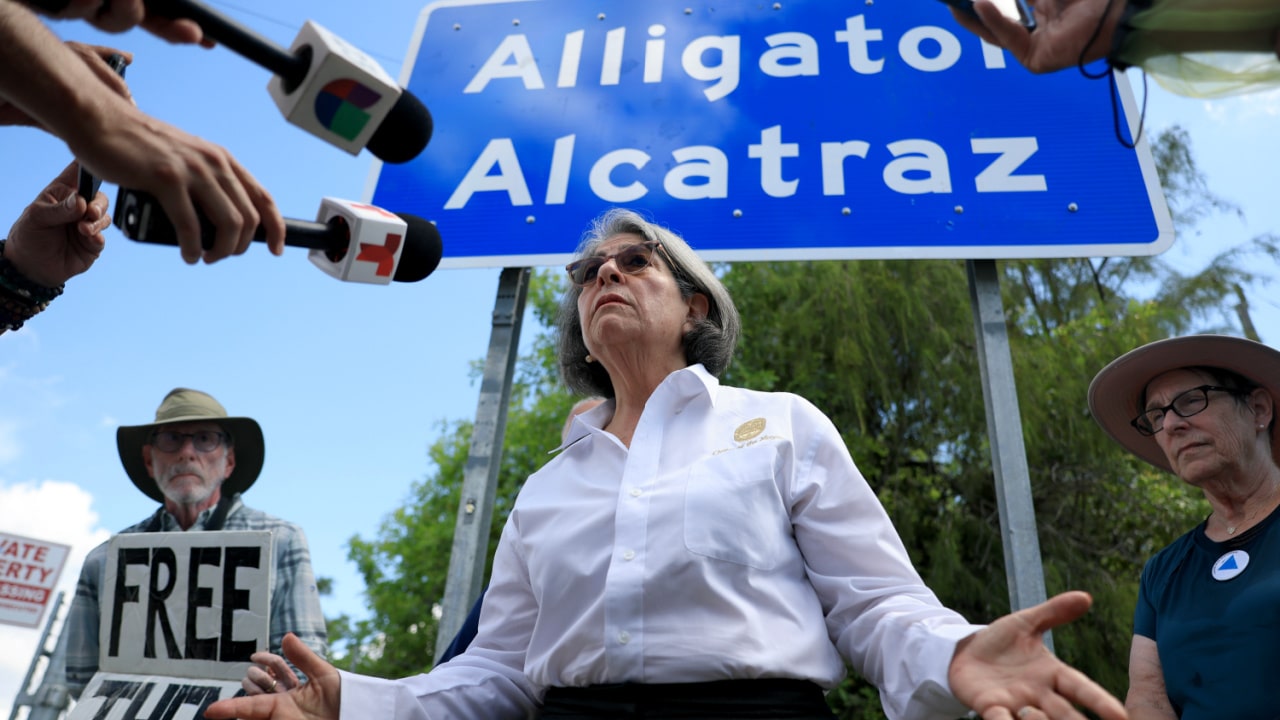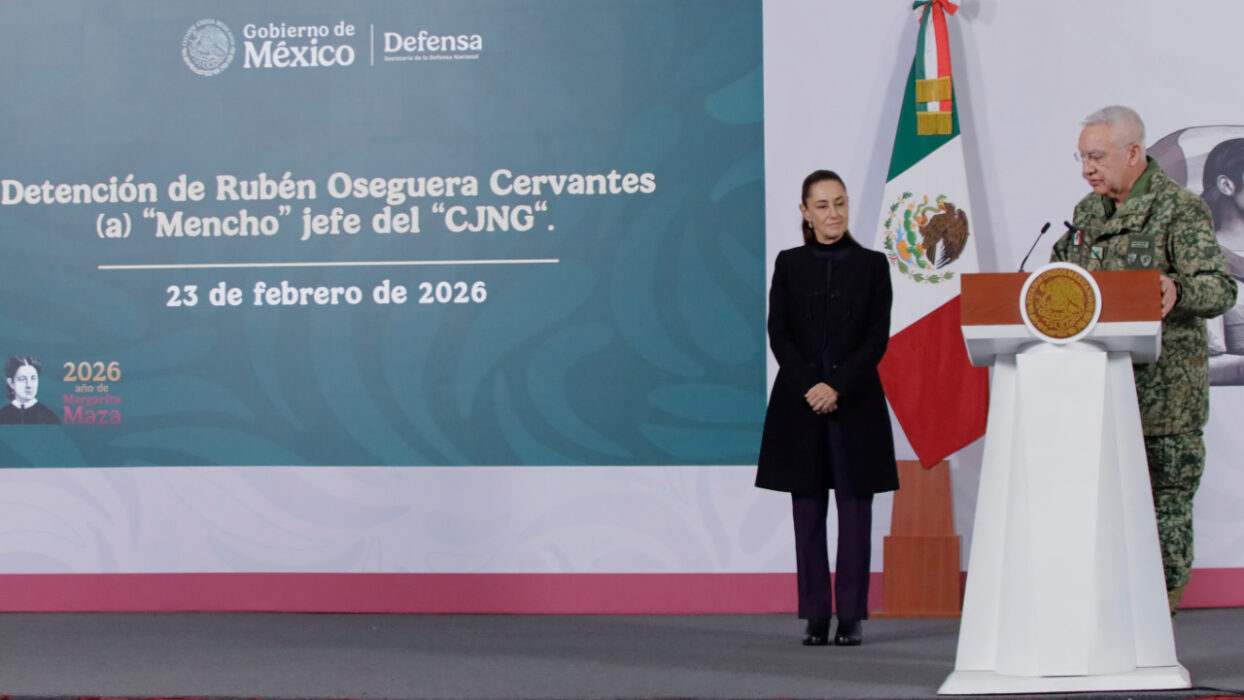
A Federal Judge Just Gave ‘Alligator Alcatraz’ 60 Days To Shut Down—Here’s What It Means for Environmental Justice
A federal judge ordered the closure of “Alligator Alcatraz” in another defeat to the Trump administration’s deportation plans. The immigrant detention facility faced strong backlash from environmental and indigenous groups due to its impact on the Everglades. Much of the credit for the decision goes to the Miccosukee Tribe, whose members live in the area. Here’s what went down in court and what it means for the controversial immigrant detention center.
“Alligator Alcatraz” is closing down
The immigrant detention center built in the Everglades has been the center of debate and frustration for months. Environmentalists, Native Americans, and immigrant advocates all expressed their anger over the construction. The detention center opened in Florida on July 3, with both state and federal government officials ignoring federal law to hastily build on the protected land.
After a little over a month in operation, Judge Kathleen M. Williams of the Federal District Court in Miami ordered the facility shut down. The federal government has 60 days to shut down the facility and relocate people housed there. The partial injunction states that both the state and federal governments ignored federal law requiring environmental studies before construction.
At the heart of the lawsuit is the Miccosukee Tribe. The tribe lives in the area and the lawsuit filed claims that the immigrant detention center poses a health risk to the tribe. According to Amy Castaneda, director of water resources for the Miccosukee Tribe of Indians of Florida, the increased activity is potentially harmful to the tribe.
“There’s much more activity there, vehicles going in and out, cars usually isolated on the southside of Tamiami Trail taking photos with the sign,” Castaneda told NBC News. “Tankers, protesters, media, people setting up tents to sell merch for Alligator Alcatraz. Just different levels.”
The detention center has 60 days to cease operations
According to the ruling, “Alligator Alcatraz” has to shut down, and new detainees cannot be moved to the facility. Additionally, all construction on the site has to stop immediately. Castaneda told NBC News that the Miccosukee Tribe was never contacted by the federal government about the construction.
The Trump administration argued that the environmental reviews required under the National Environmental Policy Act didn’t apply. The federal government said that the detention facility was under the state’s control, according to The New York Times. Gov. Ron DeSantis’s administration argued that an agreement with the federal government granted the state immigration enforcement power.
In the ruling, Judge Williams used the federal government’s involvement to counter the claims from the federal and state legal representation. The project is subject to federal law since the detention center receives funding, direction, and standards from the federal government.
“This decision sends a clear message that environmental laws must be respected by leaders at the highest levels of our government — and there are consequences for ignoring them,” Eve Samples, executive director of Friends of the Everglades, said in a statement.
The injunction will allow for litigation over the matter to continue. Yet, for a moment, the plaintiffs in the case are celebrating what they consider a win for environmental justice.




